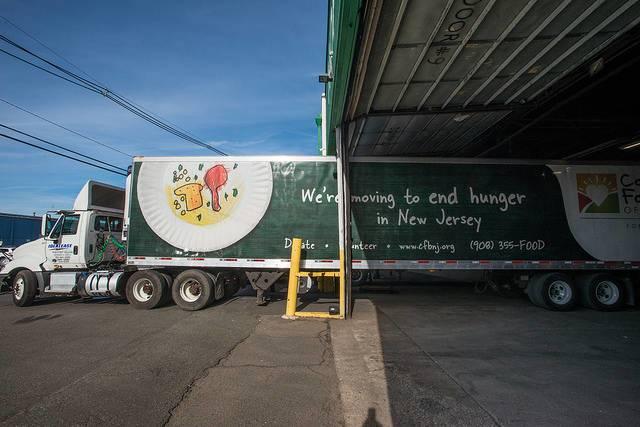
Estimates have long suggested that as much as 40 percent of food in the U.S. is lost and wasted somewhere between farm and fork. Plenty of fingers have been pointed towards various causes, and countless waste diversion solutions such as composting or revamping expiration dates have been offered from all directions.
Nevertheless, the fact remains more communities are struggling to find places to entomb municipal waste. The problem has become acute in New Jersey, where more and more garbage over the years has been sent to landfills out of state.
Last week, the state’s legislature passed, and Governor Chris Christie signed into law, Senate Bill 3027, which established a statewide food waste reduction goal of 50 percent by 2030.
Critics of wealthy countries’ penchant for wasting food have long pointed out the environmental impacts, such as the release of methane gas, that increase climate-change related risks. The Environmental Protection Agency has concluded that more food ends up deposited in landfills or burned in incinerators than any other form of waste – 21 percent according to its most recent estimate.
But New Jersey’s law also notes that if more food is saved, fewer people go hungry. The United Nations’ Food and Agriculture Organization (FAO) has suggested that if one-fourth of the food currently lost was saved, that amount would be enough to feed 870 million people worldwide.
How the Garden State will actually achieve that goal is an open question. The law requires the state’s environmental agency to develop a plan within the next year that will outline the steps needed to reach that 50 percent mark.
New Jersey has other bills waiting in the legislature’s hopper that will help S.B. 3027 become reality, but as of press time they have not become law. One bill requires “large food waste generators,” such as supermarkets, restaurants, resorts or casinos to separate food from their waste streams and either find a way to recycle or compost it; a similar bill would mandate that such food waste be churned into energy. Other legislation on the books would make it easier for municipalities to adopt local regulations covering the storage and disposal of food waste. Schools could also be required to become more assertive in how they cope with those discarded lunches.
The bill’s sponsors in New Jersey have expressed hope that their state can become a nationwide model for finding innovative ways to reduce and even eliminate food waste. But the fight against food waste has many moving parts.
One problem is liability – many states have laws on the books that obstruct well-meaning organizations from distributing donated or past-date food products to those who need it. A Harvard University study has implored states to provide liability protection to food donors and food recovery non-profits in order to feed the hungry while reducing food waste. The same study has also suggested that tax incentives include the costs associated with transporting food – and also offer credits when food is sold at a steep discount, instead of only when it is given away for free.
Image credit: USDA/Flickr

Leon Kaye has written for 3p since 2010 and become executive editor in 2018. His previous work includes writing for the Guardian as well as other online and print publications. In addition, he's worked in sales executive roles within technology and financial research companies, as well as for a public relations firm, for which he consulted with one of the globe’s leading sustainability initiatives. Currently living in Central California, he’s traveled to 70-plus countries and has lived and worked in South Korea, the United Arab Emirates and Uruguay.
Leon’s an alum of Fresno State, the University of Maryland, Baltimore County and the University of Southern California's Marshall Business School. He enjoys traveling abroad as well as exploring California’s Central Coast and the Sierra Nevadas.














